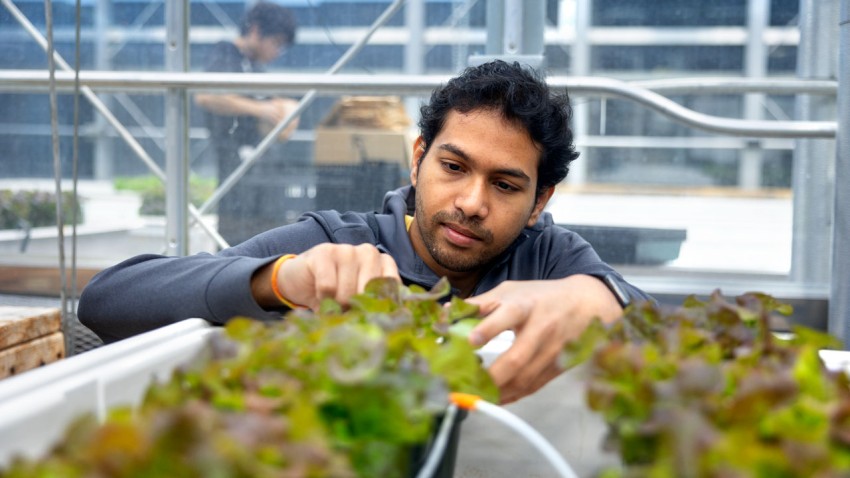The project titled, Spatio-temporal Biomanufacturing of Therapeutic Proteins using Membrane-bound Enzymes.
Protein-based therapeutics currently represent one in every four new drugs approved by the FDA. Cell-free protein synthesis (CFPS) is an approach that involves mixing the essential raw materials and biological enzymes together in ‘one-pot’ to produce batches of high-value biological products, eliminating the need for cell culture. At present, proper glycosylation represents one of the most significant challenges in the biomanufacture of human protein drugs and is a significant challenge in CFPS.
Many enzymes involved in glycosylation are membrane-bound and lipids are necessary for enzyme activity. To successfully adapt CFPS in a manner that rivals the cell itself, reactions must be organized in proper spatial and temporal sequence in a membrane.
In this collaborative project, the elegant compartmentalization strategies used by cells will be mimicked in a microfluidic biomembrane platform that organizes biological reactions in proper spatial and temporal sequence. The advantage of using a microfluidic platform is that environmental conditions can be maintained, other unit operations can be fabricated in-line for further processing steps, and resulting products can be used to fuel downstream reactions. Such an approach can rival the cell itself in terms of product selectivity and minimization of side reactions.




